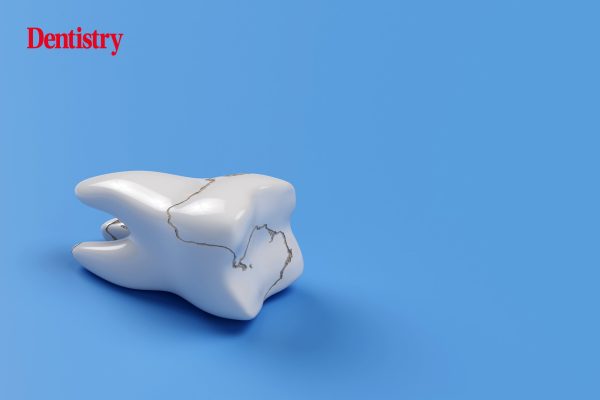Scientists have discovered how to make artificial enamel to help fix fillings and tooth decay.
And researchers say that the material is tougher and more durable than the real thing.
In the new study, scientists attempted to mimic the natural assembly of enamel. The team used extreme temperatures to shape hydroxyapalite wires – the same material used in natural enamel – into a formation.
Unlike previous synthetic enamels, the researchers coated the wires in a malleable metal-based coating.
Power of enamel
Study co-author, Nicholas Kotov, is a chemical engineer at the University of Michigan. He says the coating makes the wires less likely to snap. This is because the soft material wrapped around them can absorb powerful pressure or shock.
Although the team is unsure about timing of implementation in patients, Kotov says that the components are biocompatible and are ‘expected to perform well’ in animal and human trials.
Dentistry’s top stories
- Dentistry’s Top 50 is back!
- Dentistry Census – full white paper available now
- Dentist successfully fights vicarious liability claim in court
- Government propose changes on registration laws for overseas dentists
- 40 million dental appointments lost since the Covid-19 pandemic – the reaction.
The findings are hoped to improve the construction of artificial teeth as well as reduce tooth decay and fillings.
Closing the poverty gap
This comes as pharmacy-led health and beauty retailer Boots are giving out free oral hygiene products.
‘Ask for Jesse’ is a new campaign fronted by Boots that aims to close the poverty gap by helping vulnerable households.
Working in collaboration with The Hygiene Bank, customers can simply ‘ask for Jesse’ when in store. A member of the Boots team will then discreetly distribute oral hygiene products to customers with children between the ages of three to five years old.
You can read the full study here.
Follow Dentistry.co.uk on Instagram to keep up with all the latest dental news and trends.


